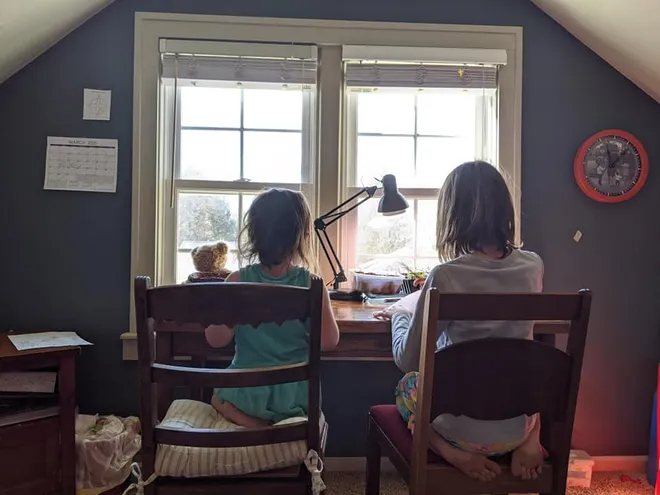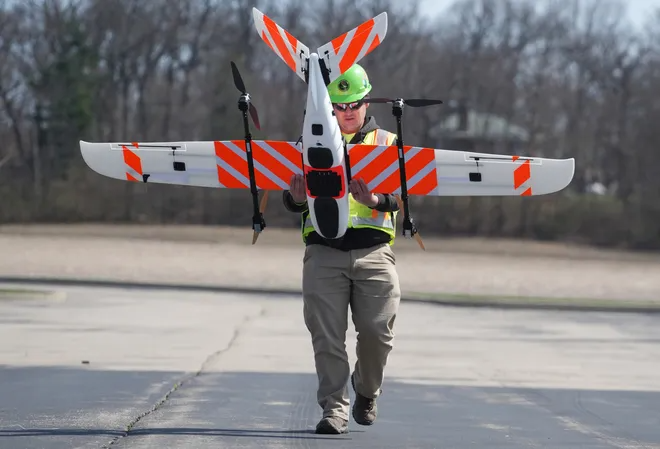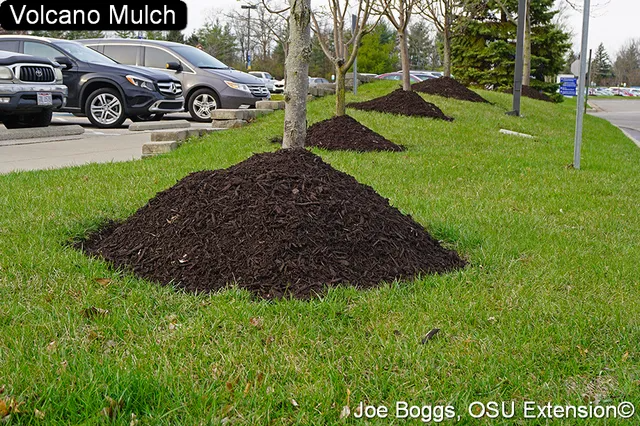From Australia to South Korea and across Asia Pacific, the final bastions of “zero-Covid” are easing restrictions and opening borders as the region prepares to live with the virus — except for one major holdout.China, the country where Covid-19 was first detected nearly two years ago, remains determined to eliminate the virus inside its borders, with officials there showing no signs of backing down.Despite fully vaccinating more than 75% of its population, China is sticking to its stringent zero-Covid strategy, including closed borders, lengthy quarantine measures for all international arrivals and local lockdowns when an outbreak occurs.On Tuesday, the northwestern city of Lanzhou, with a population of more than 4 million people, went into lockdown after just six Covid-19 cases were reported there.And this approach seems set to stay, at least for now. Even though some Chinese health officials have suggested a tentative or partial relaxation once vaccination rates hit 85%, analysts say most restrictions are unlikely to ease within the next 12-months.
Medical staff take a swab sample from a man to be tested for the Covid-19 coronavirus in Ganzhou District in Zhangye, in China’s northwest Gansu province on October 29.In China’s Asia Pacific neighbors, however, things couldn’t be more different.From Monday, South Korea will begin to live with the virus despite thousands of new confirmed cases every week. New measures will allow up to 10 people to meet in private gatherings across the country, while most businesses will be permitted to fully reopen as curfews end.And in Japan’s capital Tokyo, curfews were lifted for bars and restaurants at the end of last month, despite hundreds of new cases across the country every day.And it’s not just domestic restrictions that are lifting around the region.While both Japan and South Korea continue to maintain strict border controls, including quarantines for most international arrivals, from Monday Thailand will welcome visitors from 45 countries, as long as they can prove they are fully vaccinated and have tested negative for Covid-19.And on Monday, Australia also begins to partially reopen its borders to citizens who are fully vaccinated, ending a strict border regime that has separated families for almost two years.Much of this is thanks to generally high vaccination rates across Asia Pacific. Despite a slow start to their rollouts, countries including Australia, Japan, South Korea and Singapore are now among the most vaccinated in the world per capita.
South Korea’s return to ‘normal life’
South Korea was one of the first countries to suffer a major outbreak of Covid-19, seeing hundreds of cases a day as early as March 2020.It had early success bringing infections under control, as did many other Asia Pacific countries. While Europe and North America suffered major outbreaks in 2020, nations including South Korea, China, Thailand and Australia managed to keep the virus at manageable levels — or kept it out for long periods of time.But outbreaks of the highly infectious Delta variant in mid-2021 have sent cases soaring across the region and led almost all countries to focus on a move to vaccinations and living with the virus, rather than elimination.”With the Delta variant, its almost impossible to eradicate,” Zhengming Chen, a professor of epidemiology at the University of Oxford, said. “The experience in Australia and New Zealand, they tried very hard, but you reach a point where you just can’t carry on in the lockdown. It’s going to come up again and again.”On Friday, with at least 73% of South Korea’s population now fully vaccinated, Prime Minister Kim Boo-kyum said it was time for the country to “take the first step resuming our normal life.”A 10 p.m. curfew on businesses, including restaurants and bars, has been lifted, while mass gatherings of up to 499 people can take place if everyone is vaccinated. All students will head back to school from November 22, according to the Education Ministry.The removal of restrictions comes despite rising Covid-19 cases over the past week. On Sunday, South Korea reported 1,686 new infections, bringing its total to 366,386 since the pandemic began. To date, 2,858 have died in South Korea from the disease.Prime Minister Kim said it wasn’t the end of the fight against Covid-19, “but a new beginning.” The country’s health minister also warned there would likely be a rise in infections as a result of reopening.
Other countries in the region are following suit, despite local outbreaks of the virus.Over the past week Thailand reported an average of nearly 9,000 new Covid-19 infections per day, far higher than the months of single-digit cases during much of 2020. Despite the high infection rates, the country is moving to reopen to international travelers in a bid to save its tourism industry, which accounted for more than 11% of its GDP in 2019, according to Reuters.From Monday, citizens from dozens of “low-risk” countries, including Australia, Germany, the United Kingdom and the United States, can travel to Thailand without needing to quarantine. In a statement on October 12, Thai Prime Minister Prayut Chan-o-cha said the country couldn’t afford to miss the December holiday period. “We must act quickly, but still cautiously, and not miss the opportunity to entice some of the year-end and new year holiday season travelers,” he said.Thailand’s decision is at least partially reliant on high vaccination rates among inbound tourists. Within Thailand, less than half, or around 42% of the population has received both vaccination doses as of October 28.For the Asia Pacific region, the emergence from zero-Covid is an experiment to see if populations that previously cherished low infection rates and an elimination strategy can move safely to living with the virus.Australia’s two biggest states, New South Wales and Victoria, have already abandoned the elimination strategy, starting to live with the virus once more than 70% of the adult population was fully vaccinated.So far, infection rates haven’t risen, and on Monday, Australia’s borders in selected states will reopen to citizens for the first time.Chen said while cases were certain to rise, vaccination had substantially reduced the severity of Covid-19 for many patients and given countries the window to reopen.”At some stage you have to open, you have to actually allow the cases to go up but in a manageable way,” he said. “You can’t just permanent lockdown because the virus is there circulating.”



































